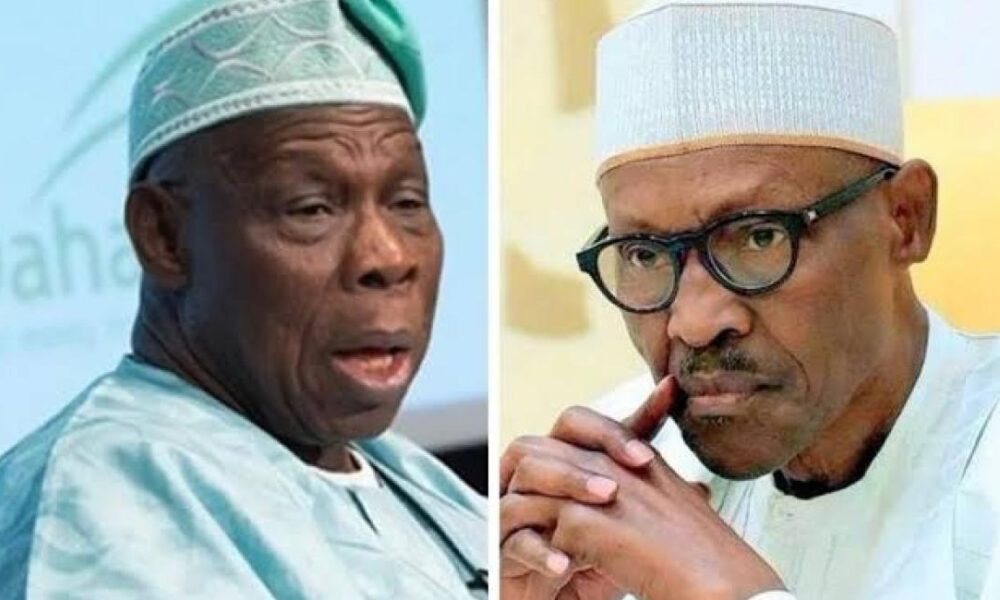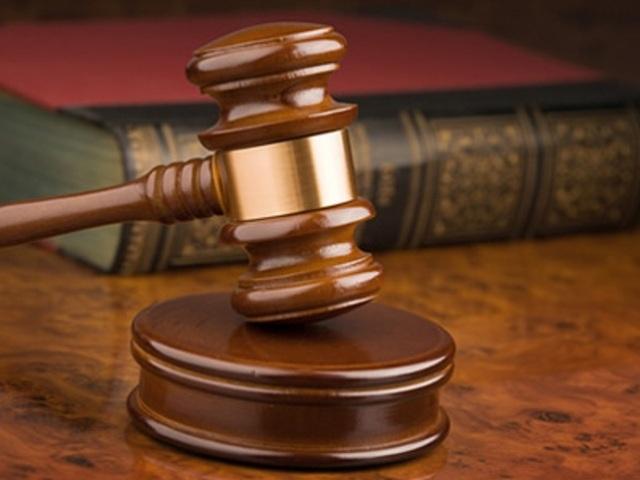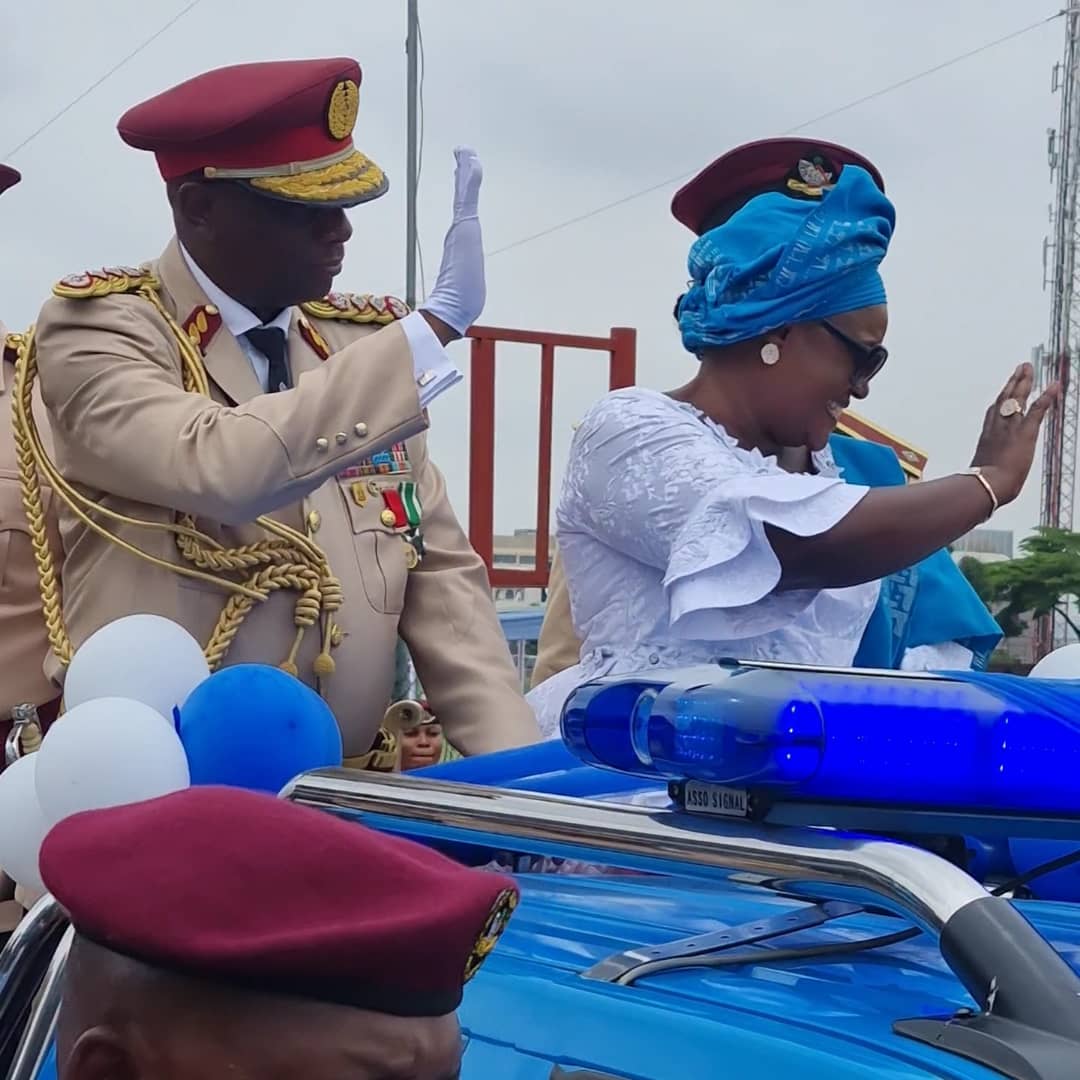Former President Obasanjo struggled to convince the court that his “Council Conclusions” had not been tampered with by the “massive Nigerian corruption” painted by him, while together with former President Buhari, they spewed out multiple contradictions
At the International Arbitration Court, the former President, Chief Olusegun Obasanjo was upbeat as he expounded on the high level of corruption in Nigeria and how irresponsible his ministers were. But rather unfortunately for him, the more he painted corruption in his country, the more he reminded the Panel and its lawyers of his own standing and his recent BBC HARDTalk interview with Mr. Stephen Sackur of the BBC which described him as one “with great capacity for putting a very rosy tint on his bad records” and which also labelled him as the “grandfather of corruption in Nigeria.” His testimony also brought back the odious aura of the Haliburton Report tendered before the Arbitration. The Report, dated 25 May 2009 and signed by Dr. Mike Okiro, the Inspector General of Police of Nigeria, listed Chief Obasanjo as sharing $74,000,000 (seventy-four million US Dollars) with three others and receiving another $5,000,000 (five million US Dollars) cash through one of his Aides.
It was therefore not surprising that the Panel confronted the former President that he fabricated a perverted “21 May 2003 Federal Executive Council Conclusions,” which he was brandishing at the arbitration court. The former President denied this. He was also asked to explain how he was able to establish Bells University of Technology, a multi-million Dollar private university established in Ota, Ogun State owned by him. Chief Obasanjo responded, “My Lord, Yes, I own Bells University in Nigeria. I established the university with the money I made from running a secondary school, which I had earlier established.” When the Panel did not find his response convincing, the former president scampered for more answers like “Oh, I applied for loan, etc”

The “Council Conclusions” being touted by the former Nigerian president was said to be unvetted and not derived from any adopted Minutes of any of the Meetings of the Federal Executive Council of Nigeria. The document was said to have only surfaced in 2022 when the criminalisation strategy was being hatched by some “smart lawyers” serving under former President Muhammadu Buhari to cover up mismanagement in the power sector. The mysterious document never surfaced from 2003 to 2007 when Chief Obasanjo was the President of Nigeria as well as the de facto Minister of Power because he transferred all power sector projects to the Presidency. The document did not surface when Sunrise Company and its Chinese partners were parading the 2003 BOT contract before the former President Obasanjo and his ministers; and not even when the senior Nigerian lawyer, Chief Afe Babalola, SAN wrote to the Federal Government on the 4th of February 2005 to point out that the 2003 Build, Operate and Transfer (BOT) contract was legitimate and binding on Nigeria.
Early in Year 2007, President Obasanjo split the Mambilla project into pieces and awarded a component for $1.4 billion to another company as a procurement contract, there was no reference to this document. All through the tenure of President Umaru Yar’Adua, this mysterious document never surfaced. In September 2007, President Yar’Adua’s probe into the validity of the 2003 contract returned a “validly awarded contract”. In 2008, President Yar’Adua cancelled the President Obasanjo’s $1.4 billion contract and re-awarded the complete Mambilla project back to Sunrise Power and company.
Throughout the five-year period, 2008 to 2012, when Presidents Umaru Yar’Adua and Goodluck Jonathan put together the grand Mambilla contract labelled GPEA-2012 which re-awarded the complete Hydroelectric Power Project to Sunrise Company and his Chinese partners, the Chief Obasanjo’s “Council Conclusions” did not rear its head. In 2015 and 2016, President Buhari gave directives to his Minister of Power, Barr. Raji Fashola that the GPEA 2012 Agreement signed by former President Goodluck Jonathan should be honoured to enable the execution of the Mambilla project. From 2019 to 2020, five ministers under President Muhammadu Buhari negotiated and signed settlement agreements with Sunrise. All through 2007 to 2020, the suspicious document did not arise from anywhere.
However, after the Nigerian strategists decided to criminalise former Minister Agunloye, the former President Obasanjo produced the mysterious “Council Conclusions” from the ‘archives’ and announced in December 2023 that he was ready to testify against his former minister anywhere. Thirteen months later, he flew into Paris to give testimony against Dr. Agunloye at the Arbitration where he claimed that he only became aware of the 2003 BOT contract in August 2023, over 20 (twenty) years after.
Unfortunately, the former President Obasanjo contradicted himself in France by admitting that his Minister, Agunloye did not break any Nigerian law in awarding the BOT Mambilla contract in 2003. He also admitted that such laws came into force after Dr Agunloye left office. He explained to the Arbitration Court that these laws, the “ICRC Act 2005” and the “Procurement Act 2007”, forbid any minister from awarding a contract without the approval of the Federal Executive Council. In particular, the provisions of Infrastructure Concession Regulatory Commission (ICRC) Act 2005, whose commencement date was 10th of November 2005, do not apply to the award of the 2003 BOT Contract of the Mambilla Project to Sunrise Power because the Letter of Award predated the ICRC Act 2005. The award also predated the Procurement Act 2007.
The two former Presidents gave testimonies at different times in France and were not allowed in the court chambers together before or after the testimonies. This way they did not know what the other said before the Panel. This simple court process revealed contradictions in the testimonies of the two former presidents including on their impressions of Sunrise Company and on the legitimacy of the 2003 contract. There were self-contradictions which were discrepancies between the witness statements submitted by the former presidents to the Panel and what they said before the panel. There were unfortunate cross-contradictions wherein the formers presidents contradicted each other. These multiple contradictions are considered significant and may impact negatively on the defence and the counterclaims of Nigeria at the arbitration.
Chris Udoh, the Analyst. #CUtA
Culled from J. F. Hastings, Palais Garnier, Paris. France.




